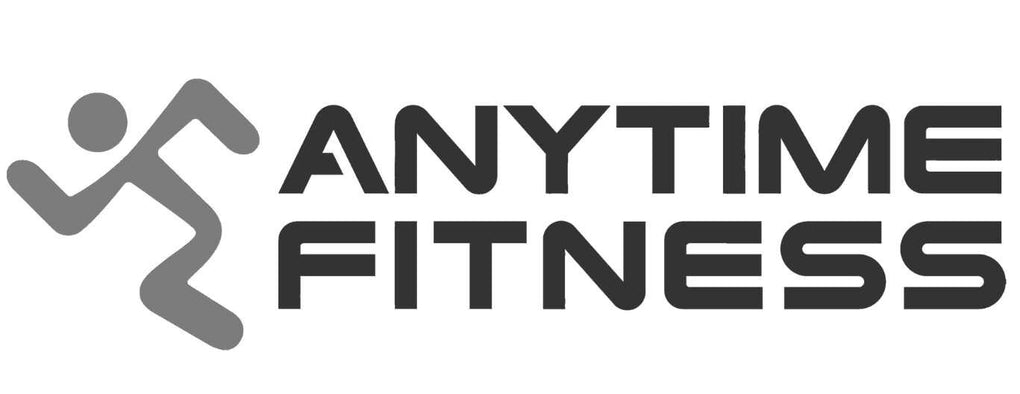Cable Crossover & Functional Trainer Machines | Commercial
10 products
10 products
Discover our exceptional Cable Crossover Machines & Functional Trainers built with adjustable pulleys and dual cable systems to accommodate diverse exercise preferences.
With superior quality and versatility, these machines empower facilities to provide an outstanding workout experience for members and guests.
Invest in our top-tier equipment to elevate your fitness offerings and deliver the pinnacle of performance that keeps members coming back. Also look to enhance your gym's variety with our selection of specialized arm workout machines, perfect for targeted muscle development.







Selecting the perfect cable crossover or functional trainer involves carefully weighing several factors. Use this guide to make an informed purchase decision tailored to your facility.
By evaluating these key aspects, you can invest in exceptional cable crossover and functional training machines tailored to your specific requirements.
Cable crossover machines and functional trainers share similarities in utilizing cables and pulleys for resistance, but they cater to different exercise needs.
Traditional cable crossover machines often have fixed pulleys and primarily focus on upper body exercises.
However, at WorkoutHealthy, all our cable crossover machines come with adjustable pulleys, providing the versatility typically found in functional trainers. This allows users to perform a broader range of full-body exercises, enhancing overall workout versatility.
Despite the differences in design, our adjustable cable crossover machines offer valuable workout experiences and can complement functional trainers in a well-rounded fitness routine.
Functional trainers work by adjustable pulleys and cables allow performing diverse exercises while providing smooth, customizable resistance.
Yes, commercial-grade functional trainers and crossovers offers superior quality and performance over residential models. Ensure adequate space.
Functional trainers offer a guided range of motion with adjustable resistance, making them ideal for targeted strength training and reducing the risk of injury from improper form. They are particularly beneficial for beginners or those rehabilitating injuries.
Free weights, like dumbbells, conversely, engage more stabilizing muscles and promote the development of balance and coordination, offering a more holistic approach to strength building.
Both systems are valuable; functional trainers for controlled movements and safety, and free weights for functional strength and dynamic training.
Functional trainers are versatile pieces of equipment that allow a wide range of exercises with adjustable resistance, suitable for both upper and lower body workouts. They provide a safer, solo workout environment with their built-in weight stacks and cables.
Power racks, on the other hand, are specifically designed for heavy barbell training, including squats, deadlifts, and bench presses. They're ideal for those looking to focus on strength and powerlifting techniques.
While functional trainers offer more variety in one station, power racks are the go-to for serious weightlifters aiming to build raw strength and muscle mass.
Tonal is a compact, wall-mounted system using digital technology to provide resistance and track progress through smart features. It offers guided workouts on a touchscreen.
Functional trainers are free-standing machines with weight stacks, allowing a more traditional strength training experience with the freedom to perform a wide variety of exercises manually.
Both systems offer versatility, but functional trainers are often preferred for their mechanical reliability and no dependence on electricity or digital interfaces.

Fitness + Nutrition Programs for Real Life
We’ve Partnered with BODi
Subscribe today to hear first about our sales

